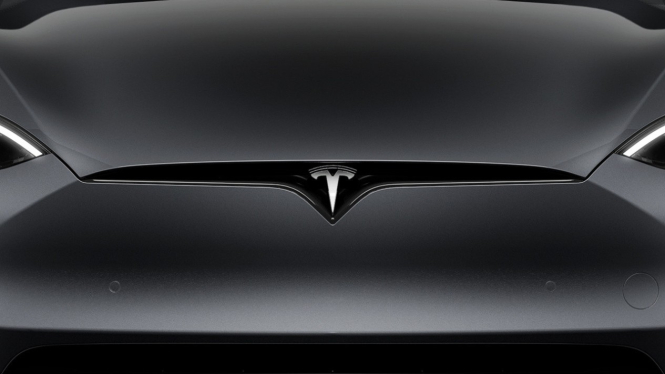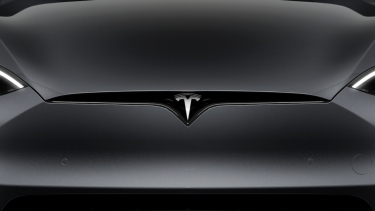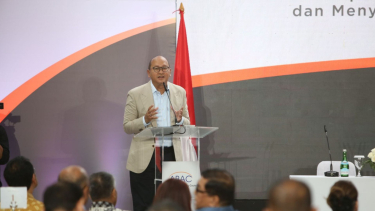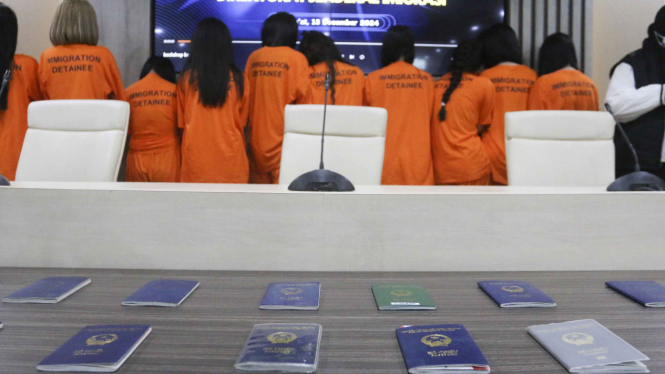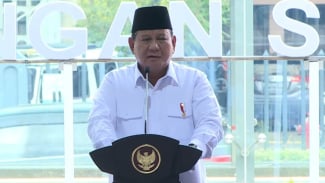Tesla Cancels Plans for EV Investment in Indonesia, Minister Says
- Dok: Tesla
Jakarta, VIVA – Investment Minister/Head of the Investment Coordinating Board (BKPM), Rosan Roeslani revealed the reasons why Elon Musk's electric vehicle (EV) company, Tesla, decided not to invest in Indonesia.
He explained that Tesla canceled its plans to build an electric vehicle factory to another country because Indonesia has not fully transitioned to using renewable energy (EBT).
“I got involved in discussions with Tesla. They canceled their investment, and one of the reasons they stated was that as an EV car company, they want everything to be clean, according to their terms,” the minister stated in Jakarta on Tuesday (September 3).
Menteri Investasi Rosan Perkasa Roeslani.
- APEC Business Advisory Council (ABAC)
“But if they were to enter our industrial areas, the energy still comes from fossil fuels, such as coal, which does not align with their vision,” he added.
Moreover, he emphasized that this is a significant challenge for Indonesia, as the global community is increasingly focused on sustainability through the use of clean energy.
According to him, it has become a key consideration for investors when deciding where to invest their money.
“This is something we cannot prevent, so we apologize. I have an example of a company in Singapore, Sembcorp. They already have 13 eco-industrial parks in Vietnam, and they will open 18 more in the next 2-3 months. In these parks, the majority, around 70 percent, use clean energy, which has led to increased investment in Vietnam,” minister Roeslani explained.
Additionally, he expressed that this challenge has prevented Indonesia from fully capitalizing on the opportunities arising from the tensions between the United States and China.
As a result, many foreign investors have redirected their investments to developing countries such as Vietnam, Malaysia, and Thailand.

